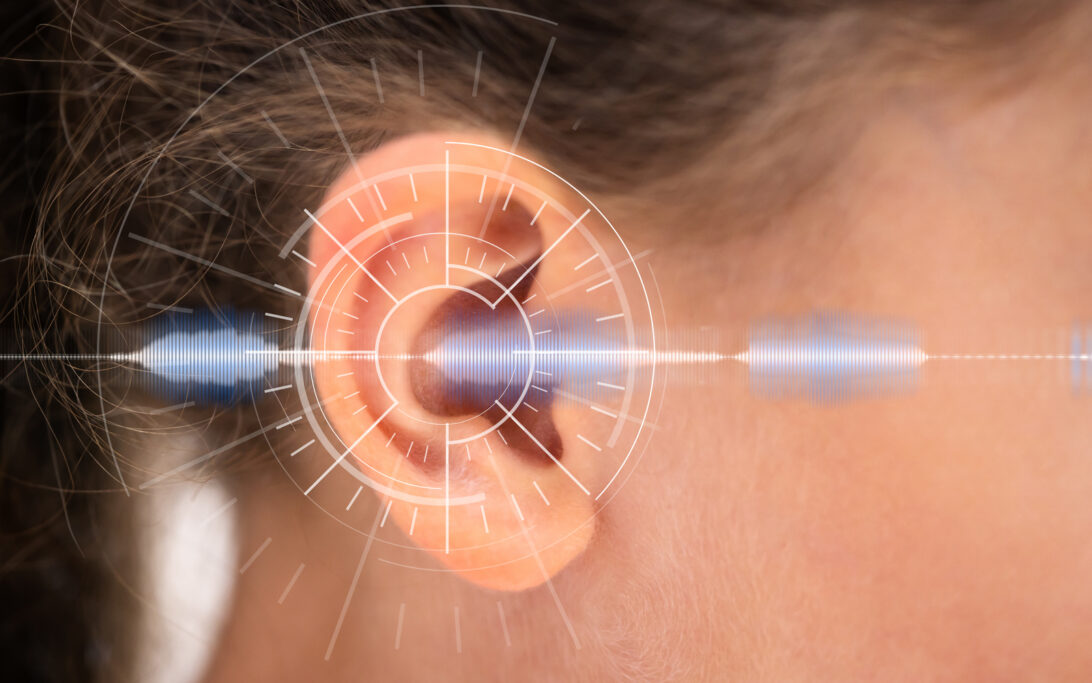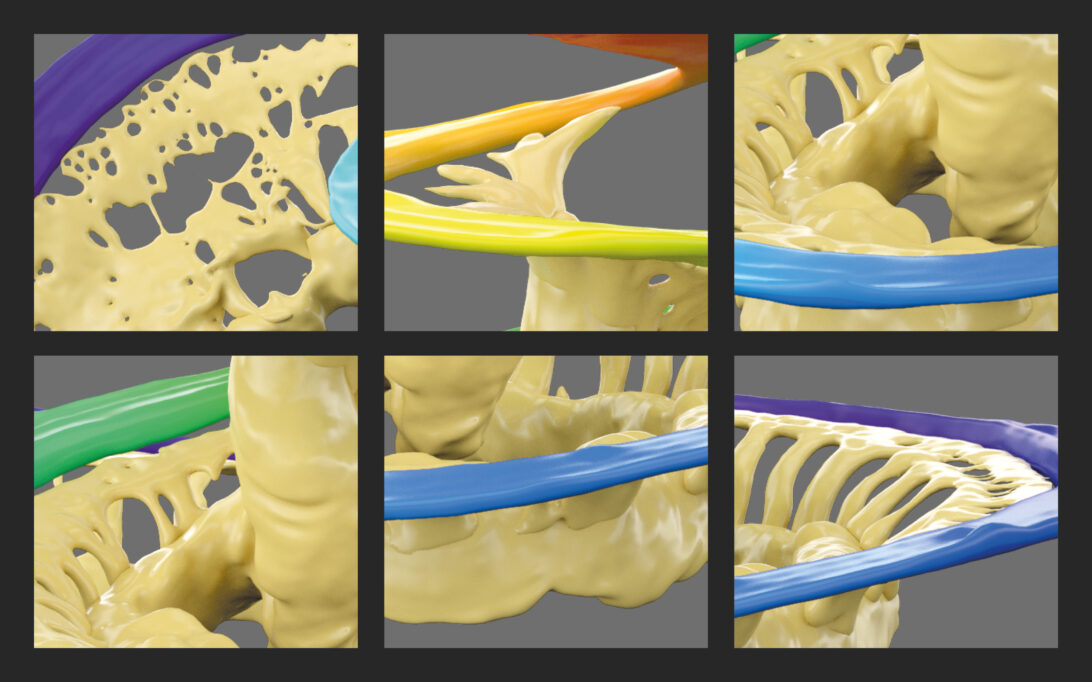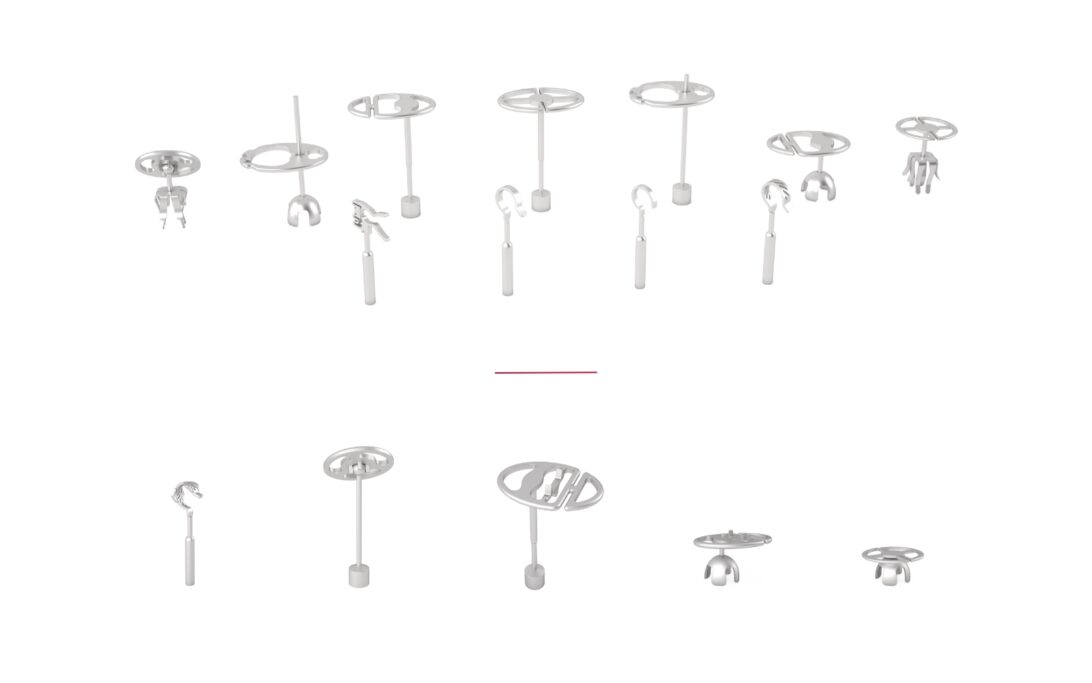

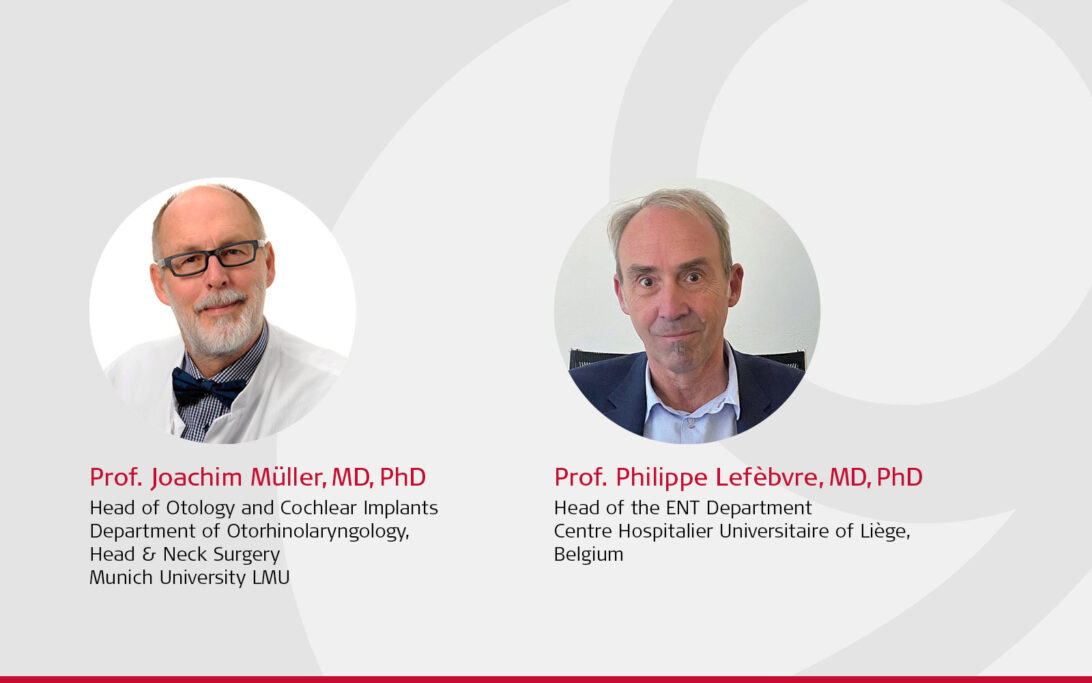
All Articles

The Rehab at Home for Adults video series follows four cochlear implant recipients and their families, sharing real-life experiences and practical strategies for integrating listening goals into daily life. Here are five ways professionals can incorporate this series into clinical practice.
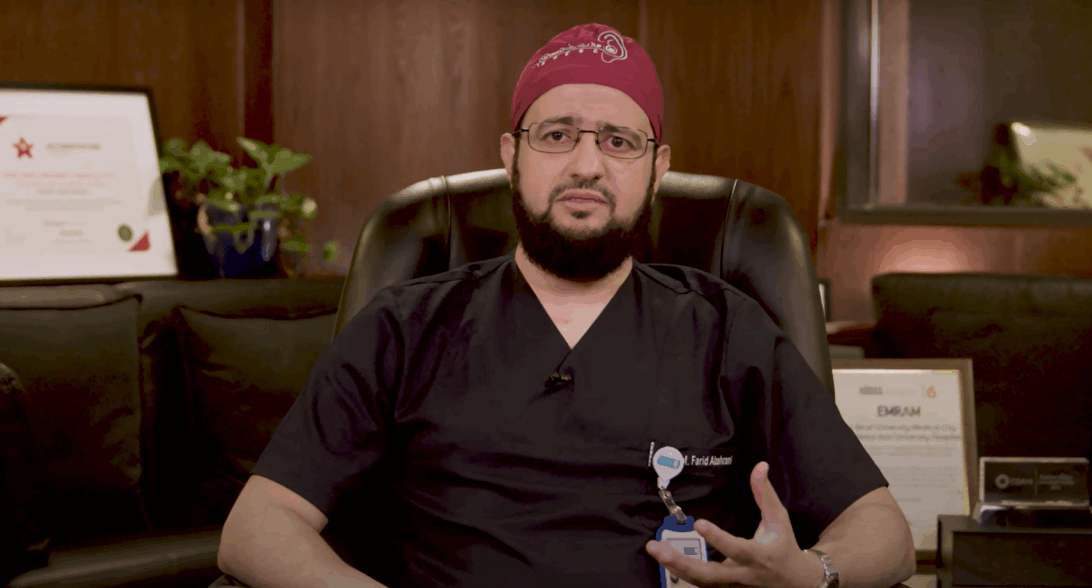
Today we are looking at an exciting case study from MED-EL’s comprehensive surgical video library. An 11-year-old with unilateral conductive hearing loss receives a VIBRANT SOUNDBRIDGE with a Stapes-SH-Coupler.

Research related to balance disorders is now rapidly advancing. For many professionals focused primarily on hearing care, it may seem increasingly difficult to stay up to date on vestibular topics. That’s why, as part of Vestibular Awareness Week 2025, we are proud to help get the word out to clinicians and ENT practices around the world.

While the cause of Meniere’s disease (MD) remains an enigma, a review of recent literature provides some valuable findings to keep in mind when considering cochlear implant candidacy and care for patients with Meniere’s disease.

Hearing professionals can use the EARS® (Evaluation of Auditory Responses to Speech) test battery to assess the auditory skills of children with hearing loss. Delivering a robust framework for tracking progress and informing developmentally appropriate goals, EARS is now available for download as a digital resource in several languages.

Lack of awareness, gradual hearing loss, and financial concerns are the most common barriers to cochlear implant uptake in older adults. Learn more about how hearing professionals can help overcome these obstacles to improve quality of life for cochlear implant candidates.
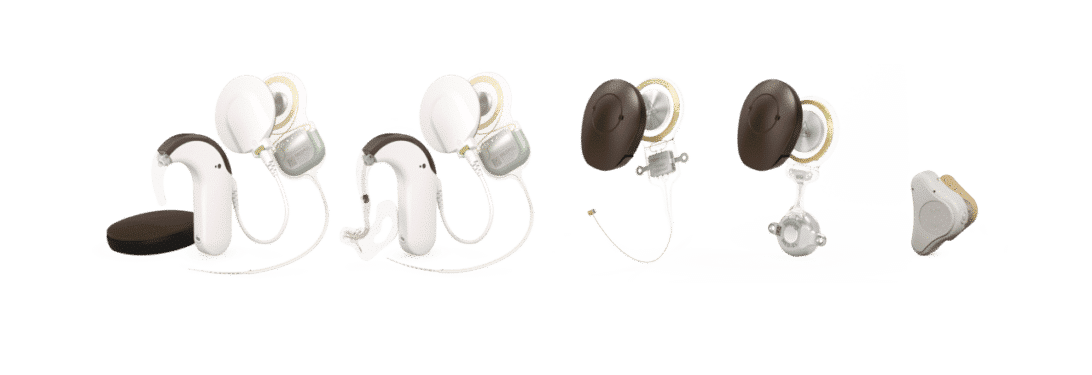
Solutions for Every Type of Hearing Loss
Choosing the optimal solution for a patient with hearing loss is not always easy since each patient is unique. That’s why
MED-EL is committed to providing the most comprehensive portfolio of hearing solutions possible.
From cochlear implants and middle ear implants to bone conduction solutions and auditory brainstem implants, our hearing solutions cover all types of hearing loss and offer the highest quality and reliability.


.png)
